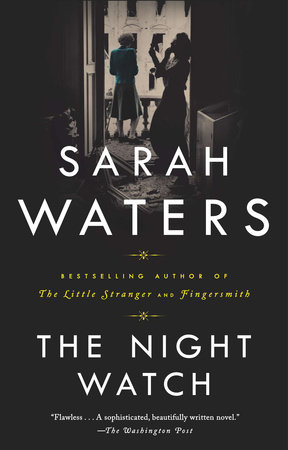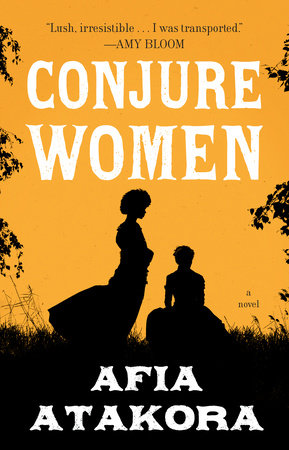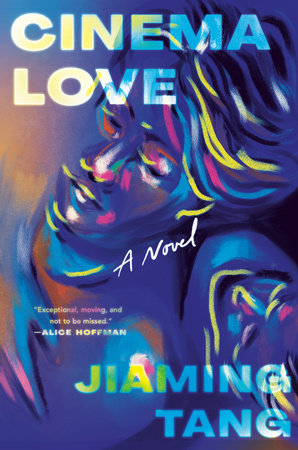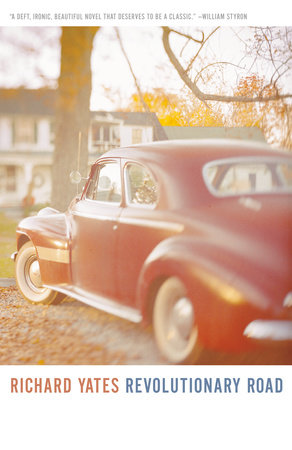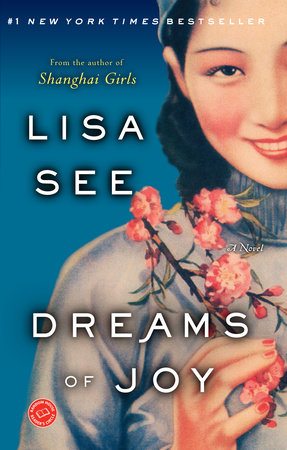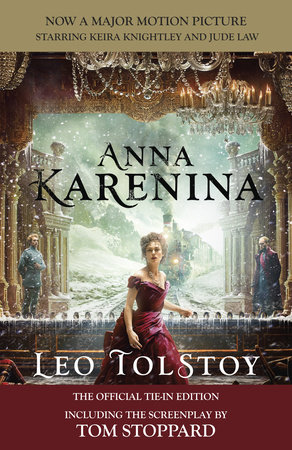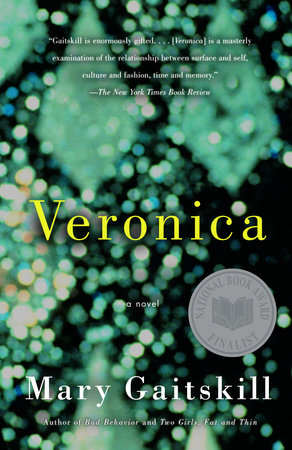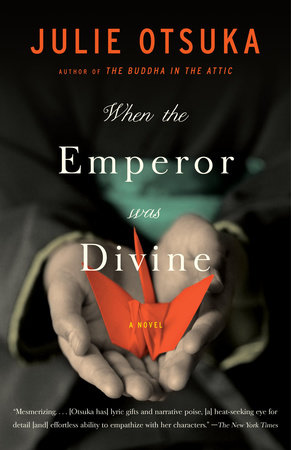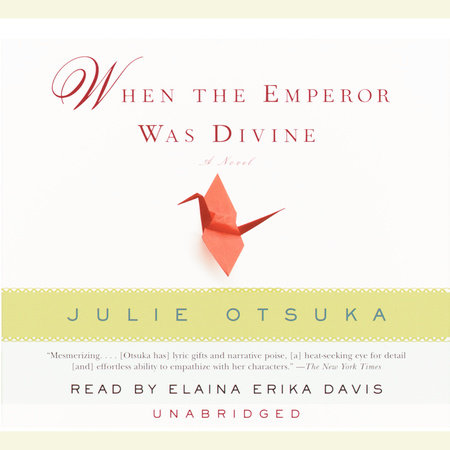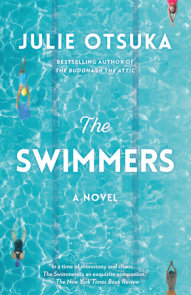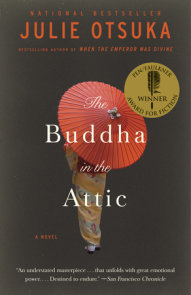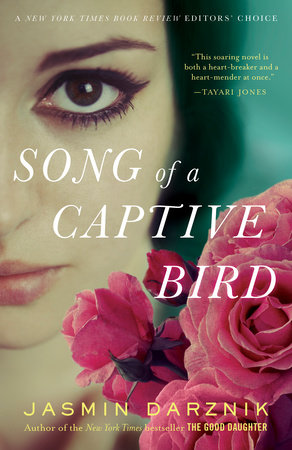Author Q&A
A Conversation with Julie Otsuka, author of When the Emperor was Divine
Q: What was your inspiration for setting the novel, When the Emperor Was Divine, in the Japanese internment camps in the U.S. during World War II?
A: Quite truthfully, I never set out to write a novel about the internment camps. I started out writing—or trying to write—comedy, in fact, and never thought of myself as a “serious” writer. But images of the war kept surfacing in my work, so for reasons I didn’t quite understand, the war was something I needed to write about.
The obvious inspiration for the novel is my own family’s history. My grandfather was arrested by the FBI the day after Pearl Harbor and incarcerated in various camps administered by the Department of Justice for “dangerous enemy aliens.” My mother, my uncle and my grandmother were interned for three and a half years in Topaz, Utah.
My grandfather died when I was quite young, so I don’t remember much about him, but one day, several years ago, we found a box in my grandmother’s house. Inside the box were letters and postcards my grandfather had written to his wife and children during the war. My mother read them first and I remember her telling me afterwards, “It’s like reading a story,” and it was, but a rather one-sided story (I don’t know what happened to my grandmother’s side of the correspondence), a story with many gaps and holes. Also, the letters were censored, so I knew that there was a lot that wasn’t being said.
What happened to my mother and her family during the war was not something we talked about much at home while I was growing up. I think that, for many Japanese of my mother’s generation, the war is just an episode they’d rather forget, because of the shame, the stigma they felt at being labeled “disloyal.” Although in our home, I must say, the war years weren’t completely swept under the rug, either. From time to time, I remember, my mother would mention this or that person whom she knew from “camp.” But “camp” just seemed like a totally normal point of reference to me. It was just another word—like “apple” or “chair.” I thought everyone knew about it. Also, the one story I recall my mother telling me, as a child, about camp—the story about the boy who fell through the roof of the bath house while trying to spy on the ladies below—was a funny one. It just never sounded that bad. Camp. And in the big and terrible scheme of things, it wasn’t. It certainly does not compare to what happened to the Jews in Europe during the Holocaust. That’s another reason, I think, that many Japanese-Americans have been reluctant to come forward with their story. Why draw attention to yourself when there are so many people who have suffered fates far worse than your own?
Still, I think that the story of what happened to the Japanese-Americans during WWII is an important one, a story that needs to be told, especially since it took place right here, in America, during a time when we were supposedly fighting for democracy and freedom overseas.
Q: In addition to drawing on the lives of your mother and grandparents, did you do archival research or conduct interviews about this period in U.S. history?
A: I spent months and months reading oral history collections, secondary source books about the internment, and old newspapers from the 1940s. I had to know how things happened, and when, and how things looked, and what kind of plants grew where, and what the dimensions of the barracks were, and what a dust storm felt like-all these things I had to know more for myself really, than for the book, so that I felt I could tell the story confidently. But I didn’t want to weigh down the novel with historical details. It was always the characters that interested me most, as well as the landscape, and the psychology of the situation. Lives interrupted by war, populations sent into exile, these are timeless and universal themes.
I sprinkled a few carefully chosen details through the novel to set the scene. The backdrop—the awfulness of the war, of the internment—speaks for itself, I think. There’s no need to accentuate it. If anything, I wanted to tone it down. I think that keeping the terror in the background actually makes it more vivid, somehow.
Q: One recurring question in your novel is: what does it mean to be "loyal" or "disloyal"? How can we tell? We seem to be living in a time of anxiety about what it means to be an American. For instance, our government has been shaping policies on immigration and military tribunals in ways that raise questions about who is entitled to which liberties. Is there any component in these current debates that you find especially troubling or revealing, given your knowledge of the internment camps?
A: That there is even a debate at all is, I think, a good sign. And that President Bush has spoken out in the wake of the Sept. 11 attacks urging tolerance towards Arabs and Muslims is also a good sign. In February of 1942, there were very few who protested or even questioned the president’s order to intern over 120,000 Japanese in this country. (Many people, in fact, actually seemed relieved to see the Japanese go.) That said, I am still surprised that there has not been more of an outcry against the Bush administration’s recent assault on civil liberties: the secret arrests and indefinite detention of more than 1200 Middle Eastern men, the suspension of habeas corpus and of the right to trial by jury, the electronic monitoring of lawyer-client conversations, the use of military tribunals. It is actually possible, today, for a long-term U.S. resident suspected of terrorist activity to be arrested and sentenced to death in a secret military trial based on hearsay evidence.
One does have to wonder: is this America? Well, yes, it is an America not so unlike the America in which my grandfather was arrested on December 8, 1941. In the 24 hours following the bombing of Pearl Harbor, over 1200 Japanese nationals suspected of being a threat to the nation’s security were arrested by the FBI in a series of raids that took place up and down the west coast. All of the men arrested had been under surveillance by the FBI for at least a year prior to December 7th. They were each given a hearing before the “Alien Enemy Control Unit” to determine whether they should be released, paroled or interned. The defendants were not allowed to have a lawyer, or to object to the government’s evidence against them. They were not allowed a trial by jury. Those who were ordered interned were sent to remote Department of Justice camps for the duration of the war. The arrests of these men continued over the next several months and culminated, in the spring and summer of 1942, with the mass incarceration of the rest of the entire West Coast Japanese population.
Given what I know about the Japanese-Americans and WWII, it makes me nervous when Attorney General John Ashcroft starts rounding up hundreds of noncitizen suspects for questioning. Because this is how it all started in December of 1941. What will happen next, I wonder? And how bad will things get?
As for who is entitled to which liberties, I think it is important that all noncitizen immigrants in this country receive the same constitutional protections as citizens, especially since, during times of war, noncitizens from enemy nations are a highly vulnerable population. In 1941, Japanese immigrants were forbidden by law from even becoming American citizens, even though many of them had lived in this country for more than 20 years and had no intention of ever going back to Japan. Even if they had wanted to become U.S. citizens (and many of them did), the Japanese in this country were prevented from doing so, and so they had no choice but to remain citizens of the “enemy nation”—further proof, to many, of their traitorous allegiance to the Emperor.
I recently read my grandfather’s FBI files—they do not contain any evidence that he ever committed a subversive act, or conspired to assist the Japanese government in any way. In fact, not a single Japanese or Japanese-American in this country was ever found guilty of committing an act of sabotage or espionage. In hindsight, it seems clear that what happened to the Japanese here during WWII was wrong, a travesty of justice. Innocent people—over two-thirds of them U.S. citizens—were rounded up and incarcerated without due process for a crime, that of disloyalty, which they did not commit. The government formally apologized in 1988 and reparations have been paid to the surviving internees. Still, it is unacceptable to me to that a government could so easily deprive a people of their civil rights in the name of national security and then later say sorry, sorry, we were wrong, it was all a big mistake. It happened once but it should not happen again.
As a writer and as a Japanese-American, I feel a responsibility, especially now, to remind people of what happened to the Japanese in this country during WWII, because the effects of wartime discrimination can last a lifetime. All these years after the war, my mother still signs off every telephone conversation with, “The FBI will check up on you again soon!”
Q: The novel shifts in perspective, with each character’s point of view prevailing in one section. Did you start writing the book with this structure in mind, or did it evolve as you wrote?
A: I had no structure or plan in mind for the book when I began it. The novel crept up on me—image by image, really—and at a certain point I realized I had a book on my hands. That is fortunate, because if I had sat down one day and consciously tried to write a novel about the camps, I wouldn’t have made it past the first line. The subject matter is too daunting. When you’re writing about something like the uprooting and incarceration of an entire generation of people—your people—well, that can feel like a tremendous and terrible responsibility. Am I the right person to be telling this story? Am I even entitled to tell this story? Am I getting the story right? Am I doing these people justice? You can’t help but wonder these things. But then again, as a writer, it’s your job not to wonder about these things and just get on with the telling of the story.
I had never written a novel before, so I really had no idea what I was doing. An image would come to me—a sign on a telephone pole, say, or a train with blacked-out windows winding its way through the landscape, or a boy in a mess hall mistaking every man with black hair for his father—and I would follow it and see where it went. Or else I’d hear a character’s voice, or a line, and that line would become the first line of a chapter, and I’d go from there.
Shifting the points of view kept the material fresh for me. Going into the head of a new character is like meeting a person for the first time—at a party, say, or on a blind date, or at the deli. That unknown person can be mysterious, thrilling. Hmmm, I think, who is this?
Q: Did you find yourself identifying with one particular character?
A: I think I identified intensely with each character as I was writing his or her chapter. As a writer, I inhabit my characters, I move right into their brains. The emotions my characters feel, I feel. The character I find most admirable is the mother—she’s so tough and self-assured, yet vulnerable, and with a sense of humor. She really holds that family together. Sadly, I don’t think I much resemble her. I’d like to, but I’ve never been put to the test in quite the way she has.
The character I felt the most love for was the boy. I didn’t become him, exactly, but I was aware of feeling intense love for him while I was writing his chapter, the long middle chapter that is set in the camp. Probably because he was the one who seemed to need love the most. The other characters seemed able to take care of themselves. But the boy, who was eight years old in the middle chapter, was filled with such longing.
The last chapter, which is told in the father’s voice, came to me very quickly, in one of those rare bursts. As soon as I began writing it, I knew it would be the ending of the book. What surprised me was that the father’s anger was so easily accessible to me. I think that in my next book, a story about a mother and daughter after the war, that anger will be the point of departure.
Q: Have certain authors and teachers influenced your writing?
A: Oh, yes, many, many. Well, I’m almost embarrassed to name some of them. It’s like admitting to having a crush on the Marlboro Man, but I do love Hemingway, Richard Ford, Rick Bass, Cormac McCarthy—the outdoor guys, I call them. Hemingway, you could say, was my strongest early influence.
I am also a big fan of Jamaica Kincaid’s. I’m just entranced by her prose, in awe of her ability to compress all that emotion into a perfect rhythmic structure.
Who else? Colum McCann. I think his writing is gorgeous, his cadences beautiful. His story, “Everything In This Country Must” is just lovely, lovely. I wish I’d written it, especially that first paragraph. I also love Lydia Davis—her brainy Cartesian precision, her psychological insight, her odd and quirky mind. And Julie Hecht, I adore. I think she’s one of the funniest writers alive, I don’t know why she’s not better known. Who else? Marguerite Duras I’ve looked at a lot. And I like Haruki Murakami, although I feel like I haven’t read enough of him, just the stories and Underground, about the sarin gas attack, which I found fascinating.
Lately I’ve started reading plays. For some reason they really get me going. Maybe it’s that they’re so much about character, and that they have to sound pitch perfect to work. David Mamet’s The Woods is a quiet stunner. And Wallace Shawn’s The Designated Mourner really made an impression on me, as did Aunt Dan and Lemon.
I guess I’m always influenced by whatever I happen to be reading at the moment. Right now I’m reading Camus…
As for teachers, Maureen Howard at Columbia was very important to me. She was the one who urged me to continue writing about the war, which I might not have done otherwise.
I also think that my background in the visual arts—I came to New York to be a painter, and failed, but that’s another story—has influenced the way I work. People tell me that my writing is very visual, but that’s not what I mean. What I mean is that I’m used to the discipline of being in the studio. If you’re a painter, you go to your studio every day, you set out your colors on your pallet, you put down a mark on the canvas, then another, then another, you stand back, you add, you take away. It’s the same thing with writing. You get up every day and you sit down at your desk and you put down a word, or a sentence, or, on a good day (I work very slowly) maybe a half page. You add a word here, you take one away, you sketch out a scene, it’s all wrong, it needs to be a little warmer, a little cooler, you change it, it’s still wrong… It’s just not that different from painting, really, the process of writing.




